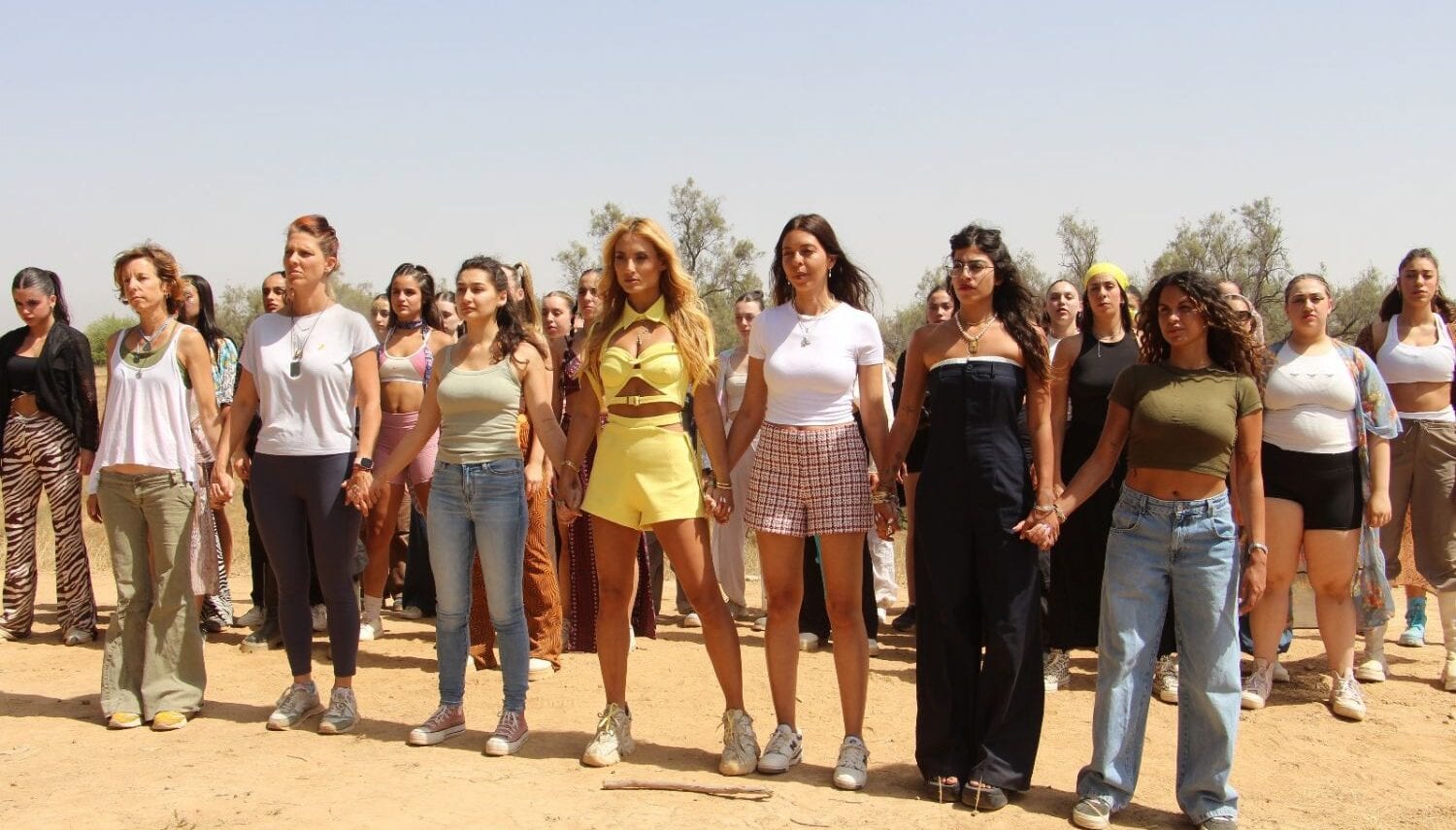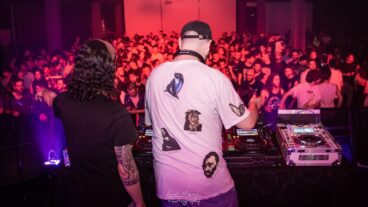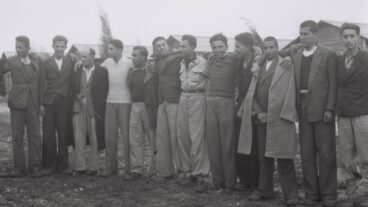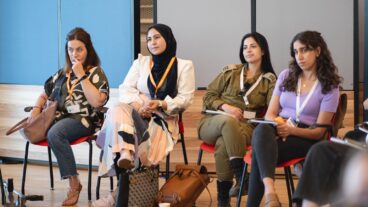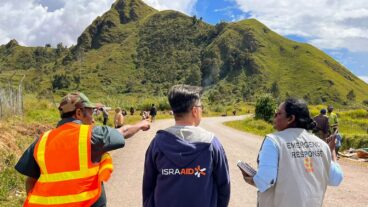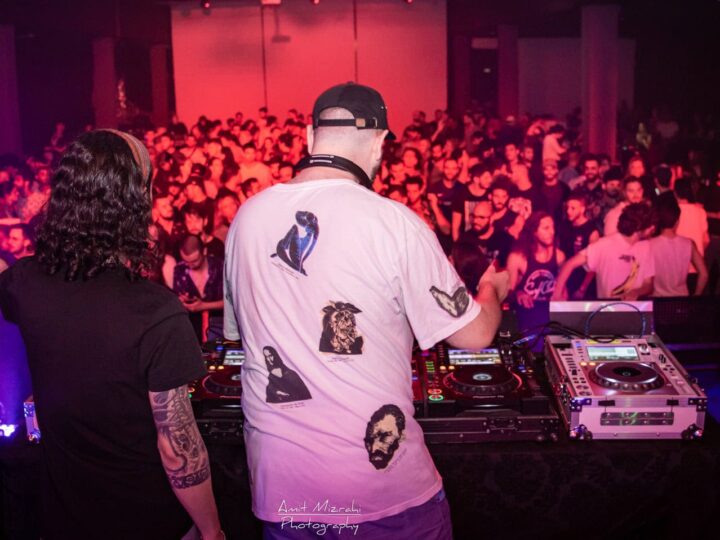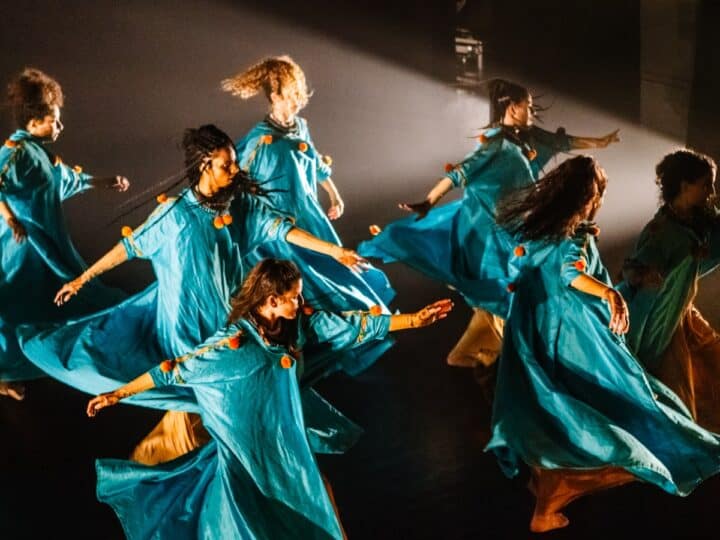Professional dancer and TikTok superstar Montana Tucker has been one of the leading voices speaking up for the victims of the October 7 attacks on Gaza border communities in Israel.
The Florida-born Jewish dancer, who boasts over 12 million followers across her social-media platforms, recently came to Israel with a special mission.
The 31-year-old entertainer led an emotional dance tribute at the site of the Supernova festival massacre, which left 364 partygoers dead and many wounded. At least 40 people were kidnapped to Gaza.
NOVA
“Montana Tucker really connects with what happened; she’s emotionally involved, it’s not just work for her,” Natalie Sanandaji, the Combat Antisemitism Movement (CAM) public affairs officer, tells ISRAEL21c.
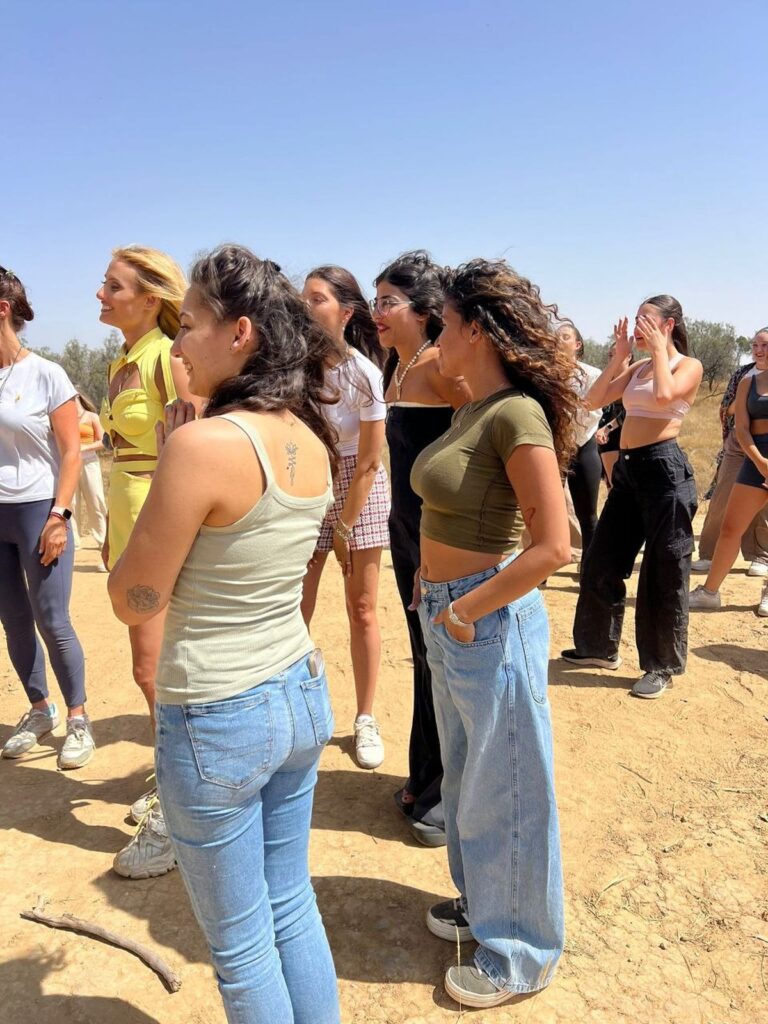
CAM produced and initiated the project, part of the broader “We Will Dance Again!” campaign, which saw Tucker dance with Lilach Friedman’s Dance Ensemble that tragically lost four members at the Supernova festival.
“When we were planning Montana’s trip to Israel, I saw videos of the ensemble on TikTok. I immediately sent them to my colleagues and told them that we have to do something with this dance troupe,” says Sanandaji.
The ensemble is fresh off a first-prize win at the contemporary dance competition in Barcelona for their dance project, NOVA, which recreated through dance some of the horrific scenes from the massacre.
Tucker and the performers recreated the NOVA dance on the festival grounds near Kibbutz Re’im as part of the CAM project.
“It was very exciting to see the whole idea come to life,” adds Sanandaji.
Survivors
The ensemble’s dancers were joined by several female survivors of the festival massacre, including Moran Stella Yanai.
Yanai was kidnapped from the festival to the Gaza Strip, and freed after 50 days in captivity as part of a deal reached between Israel and Hamas, brokered by the United States, Qatar and Egypt.
“Montana really wanted to have some of the survivors in the video, but we could only get so many because a lot of them are still traumatized, and don’t want to go back to the site,” explains Sanandaji, 29, who began working with CAM after her dramatic escape story from the festival made waves across various media platforms.
“So, it was only me and maybe five other survivors,” she adds.
A choiceless choice
“The first time I went back to the Nova site was two months after the attack, while for some of the others [who took part in the project] it was the first time being back,” she says.
Sanandaji explains that she was able to go back, as well as start doing media interviews fairly soon after October 7, because her experience was less traumatic compared to many others.
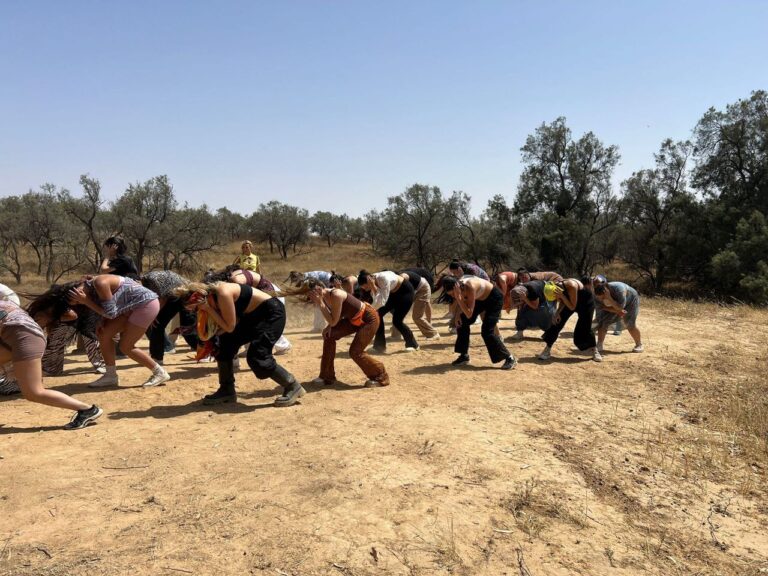
The Long Island-native and former real estate agent was visiting family in Israel when she and three of her friends arrived at the festival around 1am on October 7.
“We were actually sleeping at the campsite when the first rockets were sent our way,” she recalls.
Shortly after, the festival’s security told the crowd to start evacuating.
“From that moment, we ran and walked on and off for about four hours, while being chased after and shot at; somehow I only saw the terrorists from afar and I didn’t see dead bodies like many others.”
Sanandaji says the whole time she was running to safety she didn’t know if she was heading the right way, calling her direction “a choiceless choice,” a phrase coined by Holocaust survivors.
Keeping the memory alive
Sanandaji says the project with Tucker will help survivors to keep the memory of what happened at the festival alive.
“Also, we want to spread as much truth as possible because there are so many people spreading lies about what happened,” she adds.
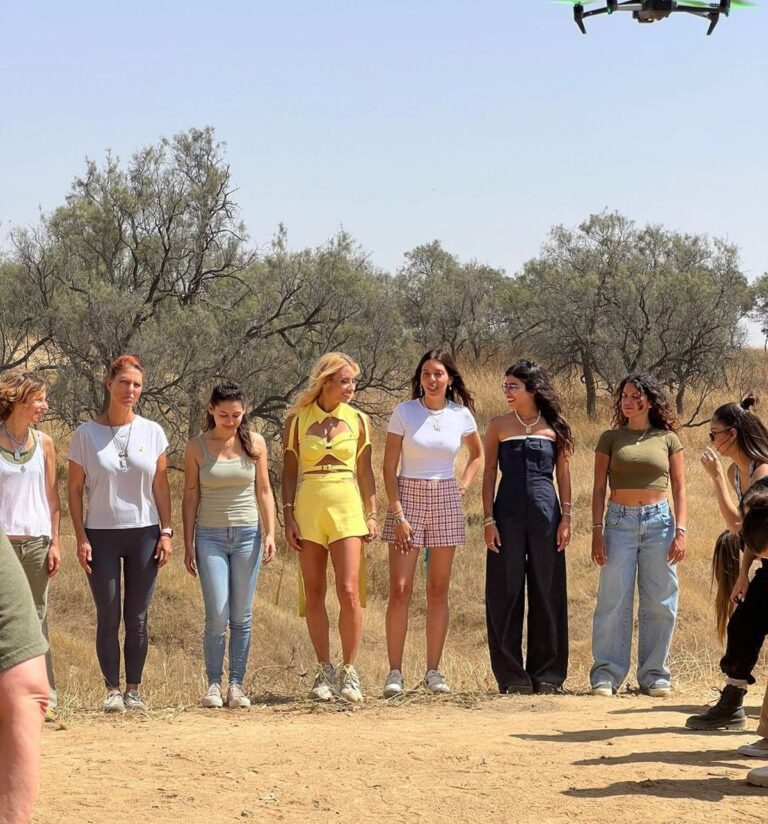
Sanandaji then recalls an incident that occurred after a speaking engagement she did in the United States.
“I told this woman that I was a survivor, and she started saying a lot of things back to me, referencing Al Jazeera. I told her to do research from multiple resources,” Sanandaji recalls.
“The woman became very aggressive and told me that I was being manipulative for mentioning the fact that I was there, for almost getting killed.
“Sometimes people just don’t want to hear what we’re saying.”




